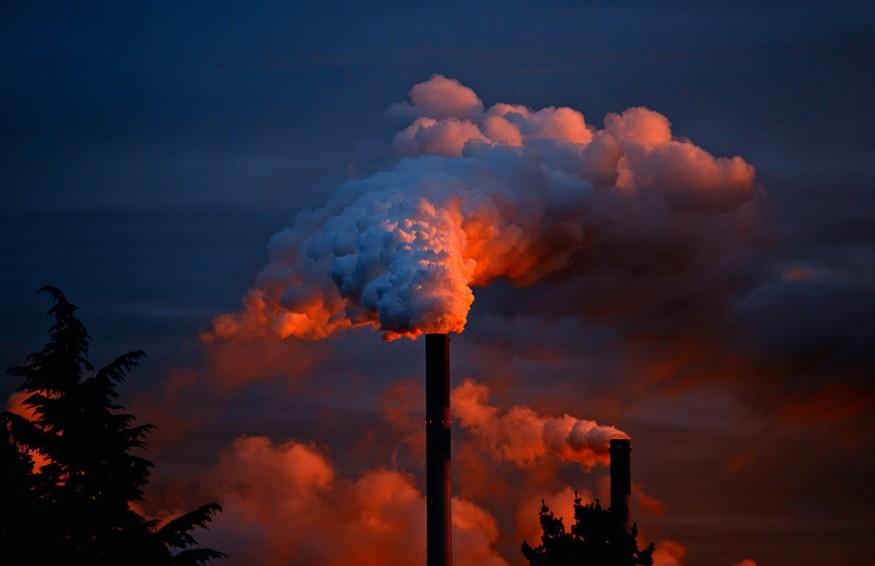
Human beings are now producing 100 times more carbon dioxide than the planet-warming impacts of all volcanoes joined, says decade-long research made by international researchers which was released on Tuesday.
Deep Carbon Observatory discovered that human-made carbon dioxide emissions drastically exceed the involvement of volcanoes that releases carbon monoxide.
The result that was issued in the Elements journal confirmed only 43,500 gigatonnes are found all over the land, sea, and air. That is equivalent to two-tenths of 1 percent of the Earth's total carbon.
On the other hand, researchers noted a stunning 1.85 billion gigatonnes that were all over the Earth's outer layer, mantle, and crust, and gave them pieces of information on how the planet Earth was framed billions of years prior to this date.
By estimating the outstanding quality of specific carbon isotopes in shake tests, Deep Carbon Observatory had the option to take a course of dates and events reaching back 500 million years for them to outline carbon movement between the land, ocean, and air. They likewise discovered that the planet is a self-directed atmospherical ratio of carbon dioxide, also known as primary ozone-depleting substance, over geographical time that spans a few numbers of years.
The individual cases to this came as "disastrous unsettling influences" to Earth's carbon cycle—for example, significant volcanic emissions or the meteor strike that made the dinosaurs extinct.
The researchers likewise revealed that the Chicxulub impact crater buried underneath the Yucatán Peninsula in Mexico 66 million years ago butchered off seventy-five percent of Earth's life span and discharged around 425 and 1,400 gigatonnes of carbon monoxide.
Human-made carbon dioxide emissions in 2018 alone topped 37 gigatonnes while the CO2 discharged every year by volcanoes drifts around 0.3 and 0.4 gigatonnes, they added.
Marie Edmonds, a volcanology and petrology professor in Cambridge, told AFP in an interview that the immense carbon contributions to the atmosphere cause global warming which causes enormous changes in both the organization of the sea and the accessibility of oxygen. Edmonds, who is also a Ron Oxburgh Fellow in Earth Sciences, added that the quantity of carbon dioxide released into the environment by human-made activity in the past few decades is equivalent to the horrendous changes during the events that the planet has seen.
She added that human-made carbon emissions have increased its carbon dioxide levels by two-thirds in only a couple of decades and that external harmful emissions have taken much in the past few years for such levels to amass, noting that the Earth's atmosphere has frequently contained higher levels of carbon dioxide today.
Nature to rebalance itself beyond human timeframe
Celina Suarez, a geology professor at the University of Arkansas, told AFP that it was modern artificial currents with "similar greatness" as past carbon stuns that encouraged mass extinction. Suarez also noted that humans are now on the equivalent degree of carbon fiasco. While "climate deniers" proclaim that nature would always reclaim itself, she said Earth would rebalance itself beyond the time frame that is significant to humanity.
© 2025 NatureWorldNews.com All rights reserved. Do not reproduce without permission.





